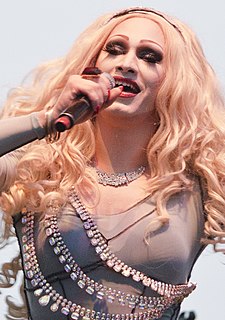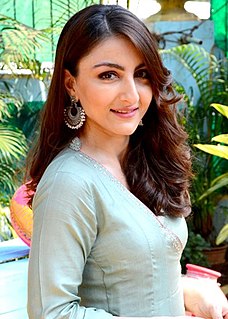A Quote by Tavi Gevinson
I love 'First Wives Club' and 'Death Becomes Her' and movies about women like that.
Related Quotes
As deaths have accumulated I have begun to think of life and death as a set of balance scales. When one is young, the scale is heavily tipped toward the living. With the first death, the first consciousness of death, the counter scale begins to fall. Death by death, the scales shift weight until what was unthinkable becomes merely a matter of gravity and the fall into death becomes an easy step.
Internationally and in foreign markets, movies starring women don't make as much money as movies starring men. And then you can blame filmmakers, especially in comedy, which is my bread and butter, because it's become a bit of a boys' club over the years. With the boys in charge you get these takes on women which are either the girlfriend or the mean wife or the girl who appears in a romantic comedy. You're just getting either men's fantasies about women or what they think is the reality about women instead of men just having a healthy attitude about women.
Just because I write some songs about bad women, though, that doesn't mean I hate women. I've written songs that show great love and respect for women too. Songs that talk about strong, upstanding women and their pain. I have women working on my music. They understand where I'm coming from. So does my mama. I always play my music for her before it comes out. Why do you think I wrote "Dear Mama"? I wrote it for my mama because I love her and I felt I owed her something deep.
Welcome to Fight Club. The first rule of Fight Club is: you do not talk about Fight Club. The second rule of Fight Club is: you DO NOT talk about Fight Club! Third rule of Fight Club: if someone yells “stop!”, goes limp, or taps out, the fight is over. Fourth rule: only two guys to a fight. Fifth rule: one fight at a time, fellas. Sixth rule: the fights are bare knuckle. No shirt, no shoes, no weapons. Seventh rule: fights will go on as long as they have to. And the eighth and final rule: if this is your first time at Fight Club, you have to fight.




































